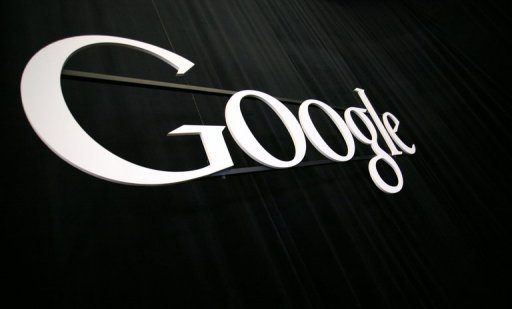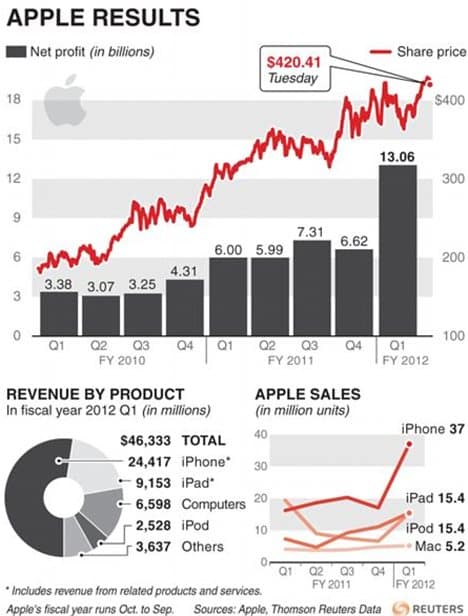Google is in the final stages of acquiring AdMeld, a firm that specializes in ad optimization and ad inventory for publishers and the New York-based company helps publishers choose their ad buys across dozens of advertising networks and get the best price possible. Google is apparently willing to pay a lot for AdMeld’s technology and customers which is around $400 million………….
Google has acquired the ad technology company AdMeld for an estimated $400 million, although AdMeld CEO Michael Barrett has not responded to requests for comment. he acquisition supports the belief that ad agencies and brands will seek bigger relationship with fewer publishers and ad networks. AdMeld remains one of the few big real-time bidding ad optimization platforms that help publishers by negotiating the best prices for inventory from a variety of ad networks, a service some suggest Google lacks. From experience, Jerry Neumann, an early stage investor in technology companies at Neu Venture Capital, believes Google and AdMeld are likely in the midst of signing the papers. The news just leaked out a bit early. Neumann’s interest in AdMeld’s technology dates back to the company’s beginnings. “It’s one of the two companies in the ecosystem I wish I would have invested in,” he said. “Google’s technology has been an easy-to-use last resort, so bringing in AdMeld would build a bridge to the publisher community.” Earlier this year, AdMeld inked a deal to support RTB through quadrantONE, a joint venture of four major media companies — Tribune, Gannett, Hearst, and The New York Times. The group launched Q-Exchange, a private ad exchange focused on premium local audiences.
For the past few years, Google has invested engineering power redesigning its display business and DoubleClick ad exchange platform, acquiring Teracent in 2009 to customize ads as the server pings the system to call up ads. Last year, Google bought Invite Media to help place orders in real-time. “EMarketer predicts display spending will surpass search by 2015, so this acquisition is a timely one for Google as companies of all sizes rebalance their budgets and push more brand dollars online,” chimes in Noah Elkin, eMarketer principal analyst. With the growing interest in RTB for display ads, AdMeld commissioned Forrester Consulting in December 2010 to evaluate the technology and the growing role in online media buying. The consulting arm found that RTB became “real” in 2010, estimating U.S. advertisers spent more than $350 million. Analysts expect 2011 will become the year for RTB, with companies spending in aggregate $823 million in the United States. Forrester Research Analyst Michael Greene said the millions Google will pay for AdMeld isn’t “small change even for a company with pockets as deep as Google, which speaks to the interest [in] and dedication it has to display advertising.”
AdMeld is an attractive target, as it has been “good at building tools for the most premium of publishers, which have traditionally been more cautious about the ad technology space.” The deal is not without challenges, Greene said. “Ad exchanges don’t have the stickiest relationships with publishers,” and it wouldn’t surprise him “if publishers start migrating to independent [rivals].” Frank Addante, founder and CEO of the Rubicon Project, an online advertising technology company, said that while AdMeld and The Rubicon Project were once in the same business of keeping the marketplace transparent, “AdMeld veered off to being mostly an RTB arbitrageur, buying inventory at low prices from publishers and selling it for higher prices to advertisers while keeping the spread for themselves without giving any transparency into this practice to publishers.” This is similar to how Google tapped DoubleClick to get a first look at the impression and then arbitrage publishers’ inventory through Google AdEx. This acquisition and business model is good for Google, but bad for publishers, he said. Google has struggled to get mass adoption with the top 500 publishers because their interests are not aligned, and sometimes competitive, with the publisher.
[ttjad keyword=”general”]




